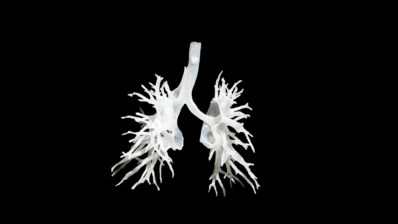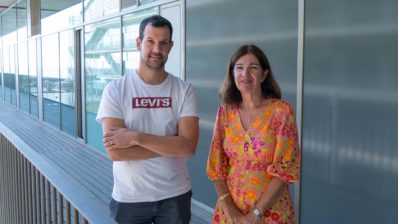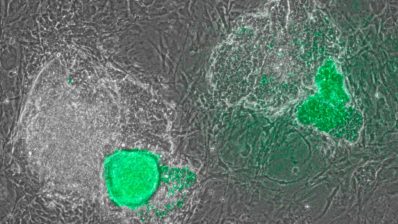Personalized medicine seeks to improve procedures for both prevention and treatment of diseases, so that health professionals can manage them in the most efficient way for each patient, and using only the necessary resources. The CORDELIA project, led by the Hospital del Mar Medical Research Institute (IMIM), will analyze the complete genome of more than 100,000 people to calculate the risk of suffering from certain cardiovascular diseases in order to move towards personalizing their prevention and treatment.
CORDELIA (Collaborative cOhorts Reassembled Data to study mEchanisms and Longterm Incidence of chronic diseAses), which has been in the making since 2018, will begin this year and will have a total duration of 5 years, and it has received nearly 5 million euros (of which two will go solely to genotyping). Led by the IMIM, it has the collaboration of 31 groups from 23 institutions from 12 autonomous communities.
At El·lipse we have spoken with Jaume Marrugat, who coordinates the project from IMIM together with Roberto Elousa, Anna Camps, Irene Roman and Helena Tizón, to find out what cardiovascular diseases are and how this project can facilitate the path to personalized medicine.
Cardiovascular diseases
The common substrate in many cardiovascular diseases is atherosclerosis, a phenomenon not yet fully understood, whereby lipids (mainly low-density lipoprotein cholesterol, the famous LDL) are deposited under the endothelium of the arteries, creating an inflammatory and immune reaction.
These deposits can affect different regions of the body and manifest different pathologies:
- The coronary arteries (in which case we speak of coronary disease), causing the patient to suffer manifestations such as angina pectoris, myocardial infarction or even sudden death.
- The brain, which can cause stroke.
- The legs, causing discomfort in this area (intermittent claudication).
- The arteries of the intestine, which can cause ischemia.
“Most of the genes linked to an increase frequency of coronary heart disease are related to risk factors”
Jaume Marrugat
The CORDELIA project
The project will genotype the DNA of 102,000 participants who come from a total of 31 Spanish cohorts from which data have been obtained during the last 30 years and from which there is still frozen DNA. 50% of the participants are women and the cohorts include people between 35 and 74 years of age. Before the age of 35 the appearance of cardiovascular diseases within 10 years is exceptional. Likewise, prevention done after the age of 74, although it is still effective, is not as effective as if done from youth.
The data from the project come from 31 cohorts that have participated in other projects on cardiovascular diseases, each with a follow-up of more than 11 years on average. With data on the lipid profile, carbohydrate metabolism, blood pressure and tobacco consumption, among others, the research team will be able to analyze 84 genetic variables that include information on risk factors.
Personalized medicine
The genetic characteristics that are related to cardiovascular diseases, and specially to coronary diseases, were discovered in case-control studies – specific studies that study people with or without the disease-, which tend to overestimate the effect of risk factors. These findings have also been confirmed in some cohort studies -where the same group is followed for many years-, including the REGICOR study coordinated by Jaume for 30 years and where data from 23,000 people from Girona has been collected. However, the cohorts studied so far are relatively small.
“CORDELIA is the largest population-representative genome-wide association study with cardiovascular disease”
CORDELIA, with its 102,000 participants, is the largest population-representative genome-wide association study on cardiovascular disease in the world and, obviously, in southern Europe. The fact that it is being conducted in this part of the world is also very important because, if anything has been learned in recent years, it is that ethnicity and the region of the planet where cardiovascular diseases are studied influence their incidence and the effect of risk factors.
The project is part of the call for Predictive and Personalized Medicine by the Carlos III Health Institute. In this sense, the objective is to discover genes related to the genetic predisposition to the disease in order to facilitate a more personalized medicine to individual needs and characteristics. Having an adverse genetic profile for cardiovascular diseases in general, or coronary diseases in particular, is not determining, but probabilistic. The good news is that an adverse genetic profile can be neutralized in 80% of cases by strictly complying with healthy lifestyles (by reducing smoking, obesity, a sedentary lifestyle, and a diet rich in saturated fats and carbohydrates) as well as the preventive treatments indicated by doctors.







